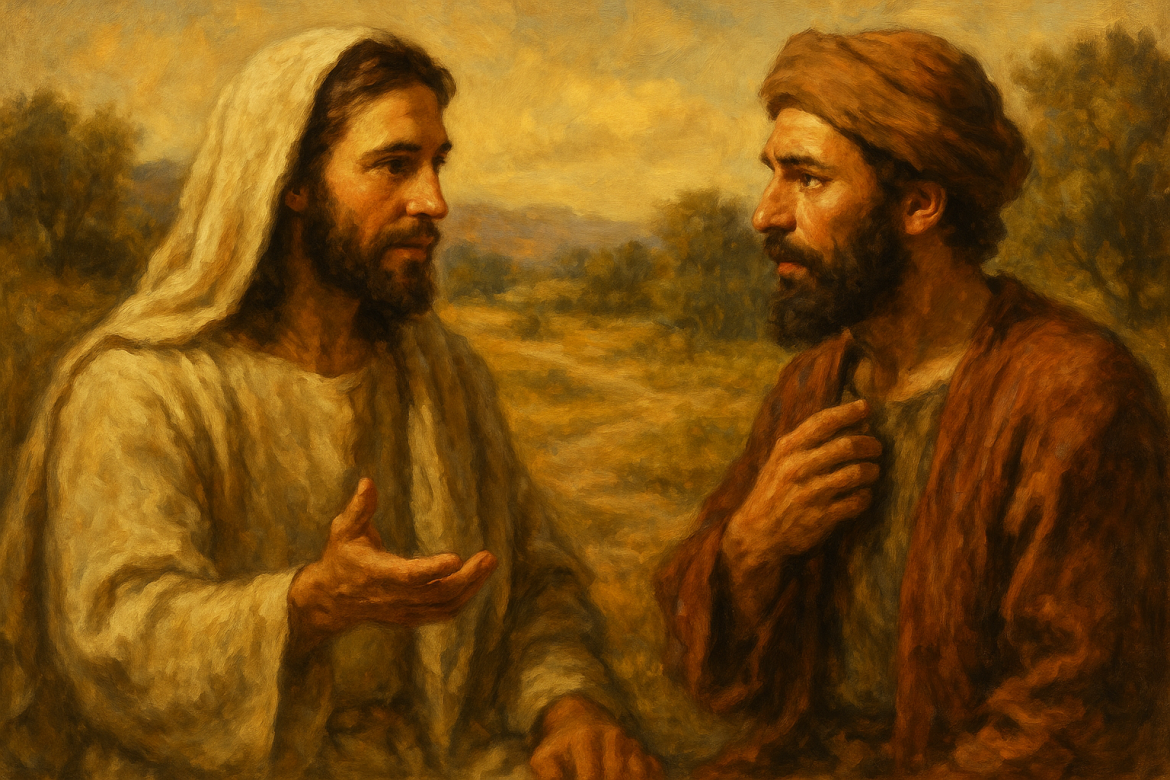A Gospel Unlike Any Other
When we open the Gospel of John, we quickly realize we’re in new territory. John isn’t merely recounting events; he’s inviting us to consider who Jesus truly is. While Matthew, Mark, and Luke give us historical and narrative insights, John gets philosophical, theological, and deeply personal. He wants readers to not just know about Jesus but to believe in Him. This makes John’s Gospel one of the most beloved and challenging books in the Bible—and it all begins in John 1.
Who Was John and Why Did He Write This?
Traditionally attributed to John the Apostle, the “disciple Jesus loved,” this Gospel was written later than the others—likely around 100 AD. John had the benefit of time, reflection, and spiritual maturity. Unlike the fast-paced accounts of Mark or the historical sweep of Luke, John’s writing feels contemplative. It’s as if we’re hearing the thoughts of someone who has spent decades pondering the meaning of Jesus’ life, death, and resurrection.
John’s goal? That we believe. Not just intellectually, but with a faith that transforms how we live.
In the Beginning Was… the Word?
John 1 begins with one of the most profound statements in Scripture: “In the beginning was the Word, and the Word was with God, and the Word was God.” This “Word”—or Logos in Greek—refers to Jesus. John links Jesus not just to the start of His earthly ministry, but to the creation of the universe itself.
Why use “Word”? In ancient thought, “logos” conveyed the principle of divine reason or order. By calling Jesus the Logos, John is saying that Jesus is the very logic and meaning behind existence, the wisdom of God embodied in flesh. Jesus is not Plan B or a divine afterthought—He was there from the very beginning.
Light vs. Darkness: A Choice We Still Face
John weaves the theme of light and darkness throughout his Gospel. Jesus is the light that darkness cannot overcome. This isn’t just poetic imagery—it’s a spiritual reality. We’re invited to walk in that light, to embrace truth, hope, and grace, even when it challenges us.
John introduces John the Baptist as the one who came to prepare the way, bearing witness to the light. And just like today, people had to decide: would they step into the light or retreat into the shadows?
Jesus: Fully God, Fully Human
Another core idea in John 1 is the humanity and divinity of Jesus. He isn’t a myth or symbolic figure. He’s God incarnate. John writes, “The Word became flesh and dwelled among us.” This echoes the tabernacle in the Old Testament, where God physically dwelled with His people. Jesus is our tabernacle—the divine presence among us.
And yet, He’s fully human too. John reminds us of His very real experiences: fasting, weariness, emotion, even death. It’s a profound comfort that the Creator knows what it’s like to be one of us.
The First Disciples: Ordinary People, Extraordinary Calling
The second half of John 1 introduces us to Jesus’ first followers: Andrew, Simon (Peter), Philip, and Nathanael. These were ordinary men—fishermen, skeptics, truth-seekers. Yet Jesus calls them with a simple invitation: “Follow me.”
What stands out is how relational this process is. Andrew brings Peter. Philip brings Nathanael. Jesus meets Nathanael with supernatural insight, knowing his heart before he even speaks. It’s personal, intentional, and filled with grace.
And when Jesus renames Simon to Peter (meaning “rock”), we’re reminded that God not only calls us—He redefines and transforms us.
Lessons for Today
- Belief is More Than Agreement
The word “believe” appears over 100 times in John’s Gospel. Belief here isn’t passive. It’s active, engaged, and changes how we live. - Jesus Has Always Been
In times of doubt or confusion, John 1 reminds us that Jesus is not new to the story. He was present at creation, and He’s present with us now. - Every Faith Journey Starts with an Invitation
Just like Andrew and Philip, our role might be to invite someone else to meet Jesus. And often, Jesus meets us where we are, even in our skepticism. - We Can All Reflect the Light
While Jesus is the light, we are called to reflect that light. Whether through kindness, truth-telling, or courage, our lives can shine in a dark world.
Final Thoughts
John 1 sets the tone for a Gospel that calls us to think, feel, and act. It challenges us to not just observe Jesus, but to truly know and follow Him. As we continue exploring this Gospel, let’s keep asking: who is Jesus to me? And how can my belief show up in the way I live?

